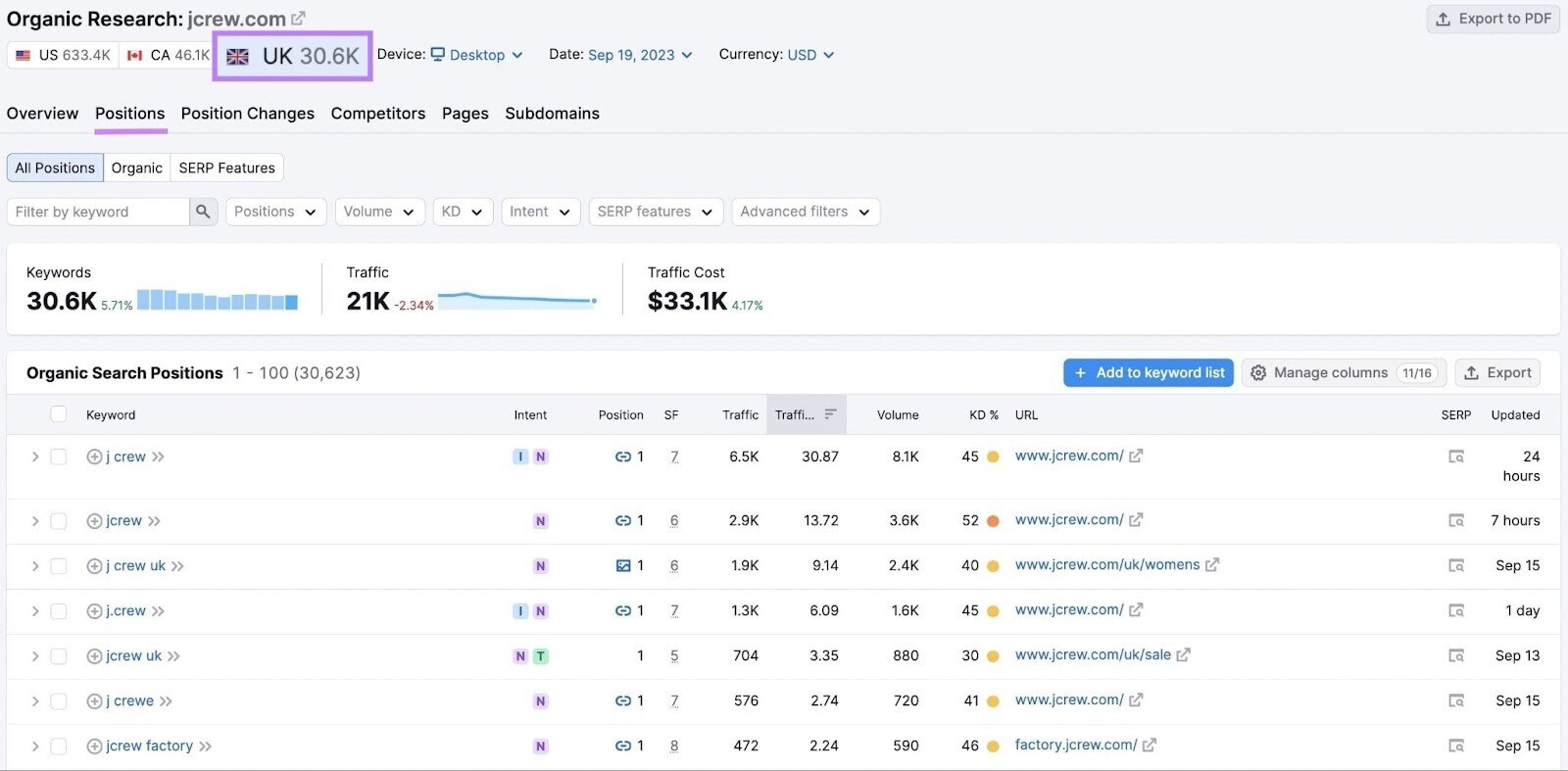Past Borders: The Next Frontier of SEO-- International Optimization
Past Borders: The Next Frontier of SEO-- International Optimization
Blog Article
Browsing the Digital Landscape: Leveraging International Search Engine Optimization for Cross-Border Success
In today's interconnected electronic globe, companies are progressively looking beyond boundaries to touch right into international markets. Leveraging search engine optimization (SEARCH ENGINE OPTIMIZATION) approaches customized for global audiences is crucial for achieving cross-border success. The intricacy of navigating the digital landscape on an international range demands a nuanced strategy, from understanding the principles of International SEO to executing geotargeting and multilingual keyword phrase strategies. As business aim to broaden their reach and exposure throughout various regions, enhancing web site structures and keeping track of cross-border efficiency ended up being important elements of a successful international SEO method.
Recognizing International SEO Fundamentals
Browsing the complexities of international SEO requires a solid grasp of essential principles to efficiently increase online presence across borders. One vital aspect of international search engine optimization is understanding the relevance of localization. This entails tailoring website web content to fit the linguistic, social, and industrial distinctions of target audience. Key phrases should be not just equated yet also adjusted to reflect just how individuals in various regions look for information.
Furthermore, having a clear understanding of geo-targeting is vital. This involves suggesting to look engines the specific countries or areas an internet site is targeting. Executing hreflang tags is one method to connect this information, making sure that the proper version of a website appears in the search engine result for a user in a specific area.
In addition, comprehending the impact of regional internet search engine and social media platforms is vital for international SEO success. While Google is leading in several areas, nations like China have their very own search engines like Baidu, needing customized approaches for each system to make the most of online exposure (International SEO).

Targeting Multilingual Search Phrase Methods
Creating multilingual keyword phrase approaches is essential for effectively reaching diverse worldwide target markets and making the most of online exposure throughout different linguistic areas. When targeting multilingual key words methods, it is essential to carry out comprehensive study to understand the particular search terms and expressions made use of by the target audience in each linguistic area. This entails not only equating keywords but likewise taking into consideration cultural nuances, local languages, and search fads unique to each target market.
To produce a successful multilingual keyword technique, it is very important to focus on importance and search intent. Key words ought to line up with the material on the web site and reverberate with the social context of the target market. Using devices such as Google Keyword Planner, SEMrush, or Ahrefs can help identify high-performing key words in different languages and examine their search quantity and competition degree.
Moreover, monitoring and assessing the performance of multilingual keywords routinely is vital for maximizing and refining the strategy gradually. By continuously adjusting to adjustments in search actions and fads, services can improve their on the internet visibility and attract even more international website this link traffic to their sites.
Executing Geotargeting and Hreflang Tags
When intending to enhance global search engine optimization strategies, including geotargeting and hreflang tags is critical for enhancing website presence throughout different areas. Geotargeting includes customizing material to specific areas, making sure that users in various areas obtain appropriate information. By applying geotargeting, companies can boost their regional search rankings and draw in region-specific web traffic.

Optimizing Website Framework for International Presence
To further improve international Search engine optimization approaches beyond geotargeting and hreflang tags, enhancing the internet site structure is critical for achieving global her response visibility and taking full advantage of reach throughout various regions. A well-structured web site not just enhances individual experience yet additionally assists in search engine spiders in understanding the material and context of the website.
Moreover, producing language-specific subdirectories or subdomains can assist online search engine deliver the best variation of the internet site to users based on their language preferences, additionally boosting the total user experience. Additionally, maximizing link structures to include appropriate key words and geotargeted terms can enhance the website's visibility in different regions. By structuring the web site effectively for worldwide target markets, companies can enhance their chances of attracting worldwide web traffic and increasing their reach throughout borders.

Tracking and Analyzing Cross-Border Efficiency
Reliable monitoring and analyzing of cross-border performance is important for evaluating the success of global SEO approaches and determining possibilities for enhancement in international reach and exposure. By closely tracking essential efficiency indicators (KPIs) throughout various markets, companies can obtain important understandings into the efficiency of their cross-border search engine optimization efforts. Keeping track of metrics such as natural traffic, keyword rankings, conversion prices, and bounce prices can give a detailed sight of how well a web site is performing in different areas.
Analyzing cross-border performance data permits businesses to identify patterns, patterns, and locations for optimization. By contrasting efficiency across different nations, areas, or languages, companies can identify effective approaches and center content to better provide to particular target audiences. In addition, monitoring cross-border performance makes it possible for businesses to remain dexterous and receptive in the ever-evolving digital landscape. Routine evaluation of SEO efficiency on an international range guarantees that companies can adapt their methods rapidly to take advantage of arising chances and maintain an affordable edge in international markets.
Verdict
In verdict, global SEO plays a crucial duty in attaining cross-border success by maximizing web sites for worldwide visibility, targeting multilingual keyword strategies, applying geotargeting and hreflang tags, and checking cross-border performance. By recognizing the basics of international search engine optimization and maximizing website frameworks as necessary, services can effectively get to and engage with their target audiences throughout different regions and languages. This calculated approach is vital for expanding market reach and driving on-line growth in today's electronic landscape.
Report this page